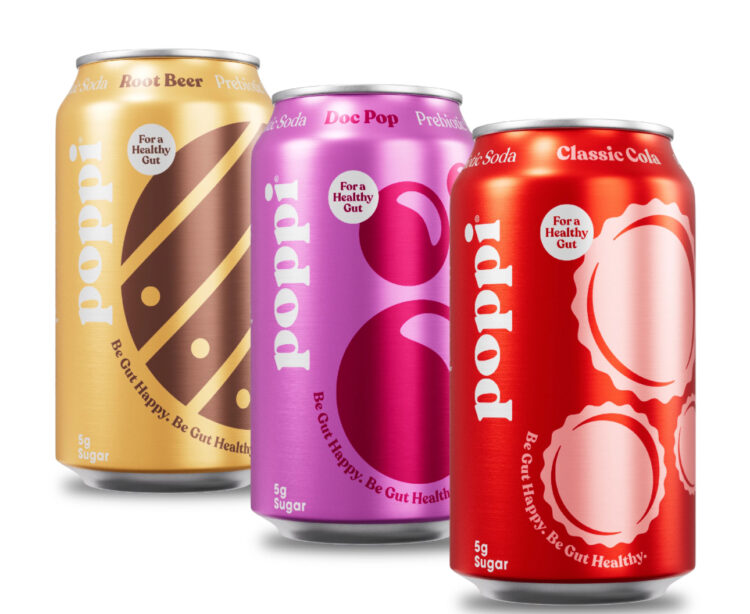According to TODAY the colorful prebiotic soda brand Poppi is facing some controversy.
A woman in California has initiated a class-action lawsuit against Poppi, alleging false advertising regarding its prebiotic benefits.
San Francisco resident Kristin Cobbs filed the lawsuit on May 29 in the U.S. District Court for the Northern District of California. She claims that she repeatedly bought Poppi products because they were marketed as a prebiotic soda promoting a healthy gut, with slogans such as “For a Healthy Gut” and “Be Gut Happy.
Be Gut Healthy.” (The latter slogan was reportedly missing from Poppi’s website at the time of publication.)
Cobbs states that she purchased the sodas in March 2024, both in-store and online, and noted that each can of Poppi soda contains two grams of fiber.
The lawsuit argues that this fiber content is insufficient to provide significant gut health benefits for consumers drinking just one can.
“Accordingly, a consumer would need to drink more than four Poppi sodas in a day to realize any potential health benefits from its prebiotic fiber,” the lawsuit claims, adding one would need to drink at least that many, daily, for 21 consecutive days to even potentially see results. The document adds that “even if a consumer were to do this, Poppi’s high sugar content would offset most, if not all, of these purported gut health benefits.”
The Poppi website claims that each can of its soda contains no more than five grams of sugar and includes ingredients like agave inulin and apple cider vinegar, which are purported to function as both prebiotics and probiotics.
The lawsuit also references a 2022 study indicating that consuming 7.5 grams of agave inulin daily for three weeks did not produce any significant prebiotic effects.
The plaintiff said she “reasonably relied” on Poppi’s representations when she decided to buy the brand’s sodas, adding she would not have made the purchase if she knew “those representations were not true.” Cobbs is seeking monetary relief for herself and all others similarly situated.
A representative for the brand denies the lawsuit’s claims.
“We are proud of the poppi brand and stand behind our products. We are on a mission to revolutionize soda for the next generation of soda drinkers, and we have diligently innovated to provide a tasting experience that millions of people have come to enjoy,” a Poppi representative tells TODAY.com in an email. “We believe the lawsuit is baseless, and we will vigorously defend against these allegations.”
Is Poppi actually good for you?

While it has been proven that prebiotics are good for gut health, prebiotic sodas are another story. Experts are divided on whether or not these soft drinks are beneficial in the way they claim.
“The term prebiotic was only coined in 1995, and the research on prebiotics is still in its infancy,” Rizzo says. “Studies show that prebiotics are beneficial for the gut, but the research uses varying doses and strains, so it’s difficult to know how much prebiotics you really need and what strains are the most beneficial.”
Rizzo notes that Poppi’s estimated two grams of prebiotics in each can may not offer significant health benefits, adding that most of the research uses at least four grams per day. “With all of that said, it’s hard to say if the prebiotics in Poppi are making a huge dent in your gut health,” she says.
While its gut health claims may be exaggerated, Poppi offers other health benefits. A 12-ounce can of Poppy contains five grams of sugar, which is lower than most popular soda brands such as Coca-Cola, whose 12-ounce can contains 10.83 grams of sugar, and Dr Pepper, which has 38 grams of sugar per 12 ounces.
If you’re a prebiotic superfan wondering what to do, though, Rizzo suggests improving your prebiotic consumption for your gut health by turning to the produce section.
“Prebiotics naturally exist in common foods such as asparagus, garlic, onion, Jerusalem artichoke, wheat, honey, banana, barley, tomato, rye, soybean, cow’s milk, peas and beans,” Rizzo says. “Your best bet is to include these foods in your diet with probiotic-rich foods like yogurt, sauerkraut and tempeh.”








